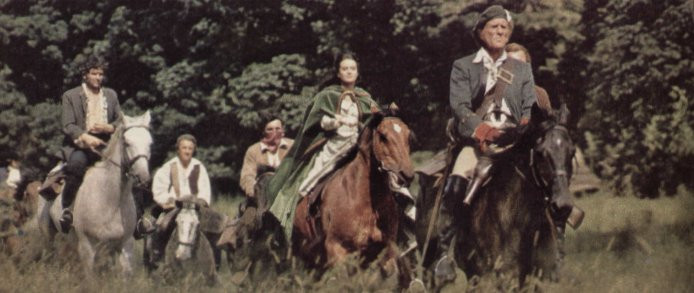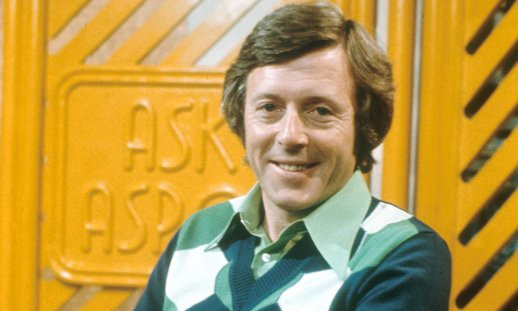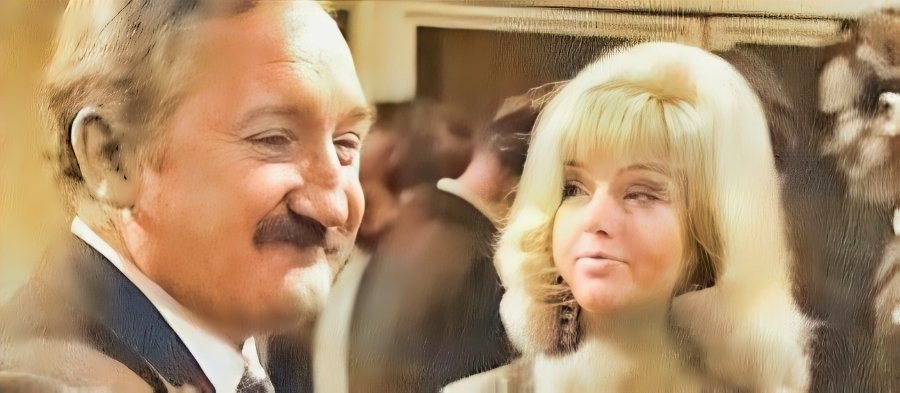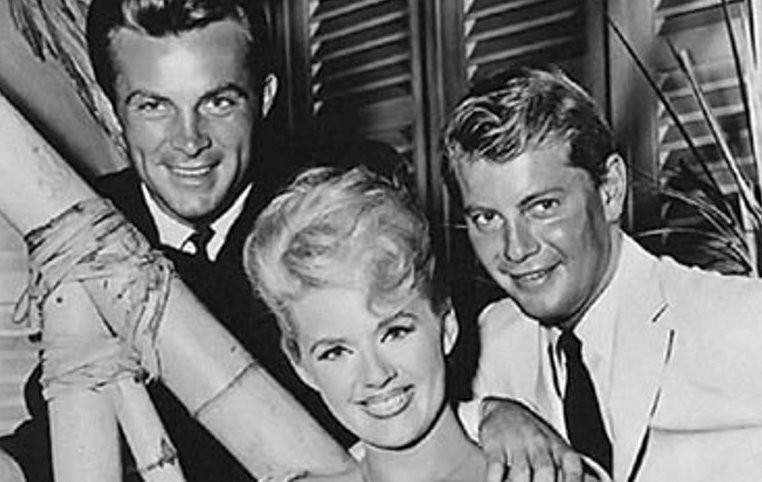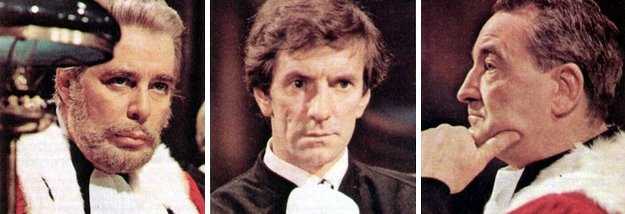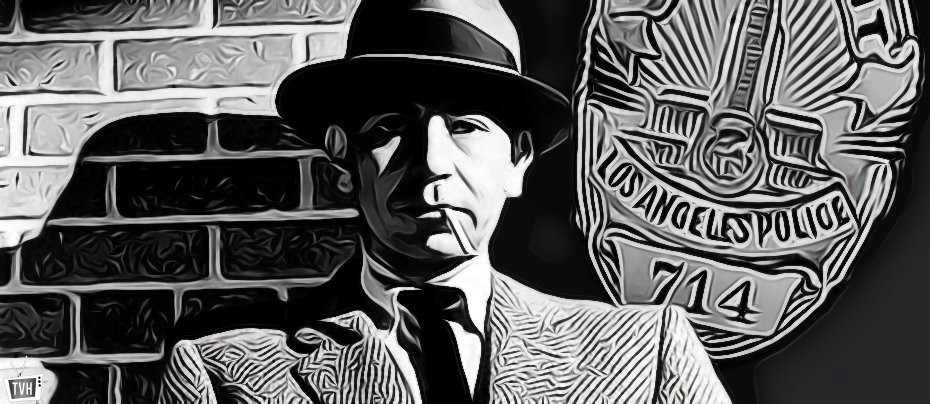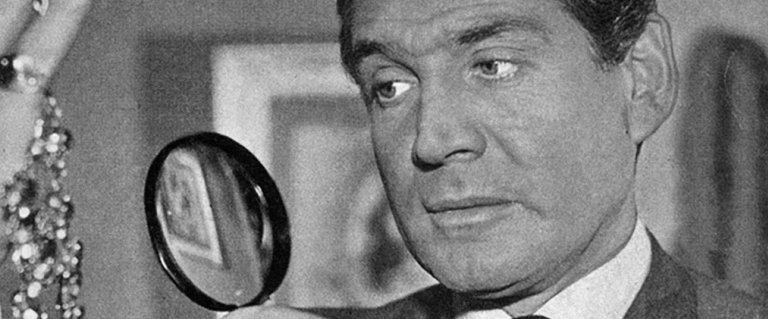
McCloud
1970 - United StatesMcCloud introduced us to the charismatic and charming Deputy Marshal McCloud, a fish-out-of-water cowboy who brought his easy-going Western style to the bustling streets of New York City. With his Stetson hat and boots, Sam McCloud added a touch of Wild West flair to the concrete jungle, and viewers couldn't get enough of his adventures. With its unique premise and captivating storylines and its tongue firmly planted in both cheeks, McCloud quickly became a favourite among television enthusiasts across America and beyond.
Adapted by Don Siegel's 1968 'cowboy in the big city' movie Coogan's Bluff, which starred Clint Eastwood, McCloud first aired on NBC in September 1970 as a 60-minute episode in a series of rotating shows under the umbrella title of Four in One, the other shows being San Francisco International Airport, The Psychiatrist and Rod Serling's Night Gallery.
The first choice for the role of Sam McCloud was Fess Parker, who had previously portrayed Davy Crockett and Daniel Boone on prime-time television. After Parker turned the role down, the production company, Universal Television, turned to another television cowboy, Dennis Weaver, who had appeared as deputy to Marshall Matt Dillon (James Arness) in the hit series Gunsmoke.
In 1964, Weaver left Gunsmoke to star as a friendly veterinary physician raising an adopted Chinese boy as a single father in NBC's one-season comedy drama Kentucky Jones. In 1966 he had a significant part in the western Duel at Diablo, which starred James Garner and Sidney Poitier before returning to TV as Tom Wedloe on the CBS family series Gentle Ben.
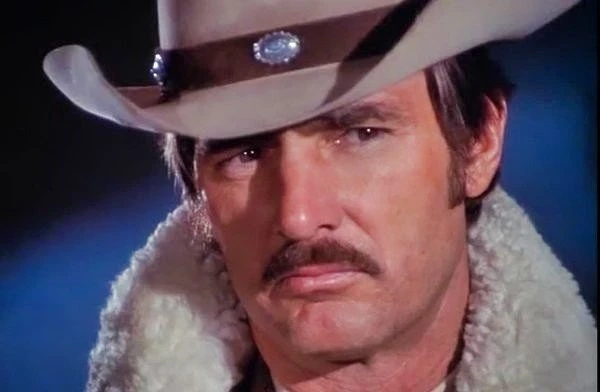
The premise of the show was very simple. Deputy Marshal McCloud is assigned to work with the New York City Police Department, lending his expertise and unorthodox methods to help solve the toughest cases. This clash of cultures, between the rugged Texas lawman and the fast-paced urban environment, provided the perfect backdrop for exciting storylines filled with suspense, action, and a healthy dose of humour.
At the heart of the show, there's a delightful juxtaposition between the sunny optimism of McCloud and the jaded attitude often found in New York City inhabitants – his colleagues included. Dressed in standard Western gear - think sheepskin coat, bolo tie, cowboy boots and hat - McCloud has a knack for injecting humour into his many interactions with locals. His seemingly naive appearance occasionally allows him to get under New Yorkers' radar, making them misjudge him as simple or rustic. However, he utilizes this misconception by reinforcing that he is simply there "to observe and learn".
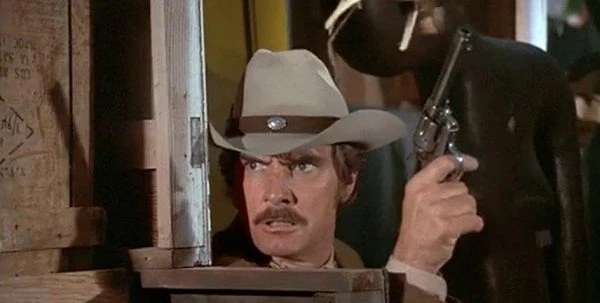
His uniform presents itself under the guise of a khaki shirt, paired with a unique brown star-shaped patch bearing an opulent gold trim adorning its left sleeve which proudly reads "Marshal's Office Taos, N.M." The number 33 takes centre stage within a vibrant yellow circle located right smack dab in the middle. Adding authenticity to character persona is an impressive blued .45 Colt SAA Western-style six-shooter with a comfortable barrel length measuring approximately 4¾ inches.
McCloud's character leaves a signature imprint with his unshakeable calm, mimicking the cool temperament of the West, making him seemingly immune to insults. Even the taunts from his NYPD boss, Chief of Detectives Peter B. Clifford ("send in the sagebrush Sherlock Holmes"), never seemed to dent his cheerful demeanour. His infectious grin coupled with an irresistible drawl painted McCloud as a true-blue American law officer; one who always finds something good about people but is savvy enough to be aware of harsh realities and doesn't shy away from going the extra mile just to nab a crook. His frequent use of the affirming Southernism, "There you go," became a catchphrase for the show.

In 1971, the series was expanded to 90-minute episodes and formed a trio of rotating shows, the other two being McMillan & Wife and Columbo. They now went out under the label of the NBC Mystery Movie. The executive producer was Glen A. Larson, who also wrote for the series.
From the moment McCloud premiered, it had viewers hooked. Weaver's charismatic portrayal of the quick-witted lawman with a knack for getting himself into trouble (and inevitably out of it) made him an instant fan favourite.
In 1974, Weaver was nominated for Best Lead Actor in a Limited Series and in 1975, for Outstanding Lead Actor in a Limited Series. During the series, in 1971, Weaver also appeared in Duel, a television movie directed by Steven Spielberg. Spielberg selected Weaver based on the intensity of his earlier performance in Touch of Evil.

The popularity of the series was not limited to the United States. The show gained a significant international following, capturing the hearts and imaginations of viewers around the world. Its timeless appeal transcended cultural boundaries, proving that good storytelling knows no borders. Well, there you go.
Seen this show? How do you rate it?
Seen this show? How do you rate it?
Published on February 7th, 2024. Written by Laurence Marcus for Television Heaven.


